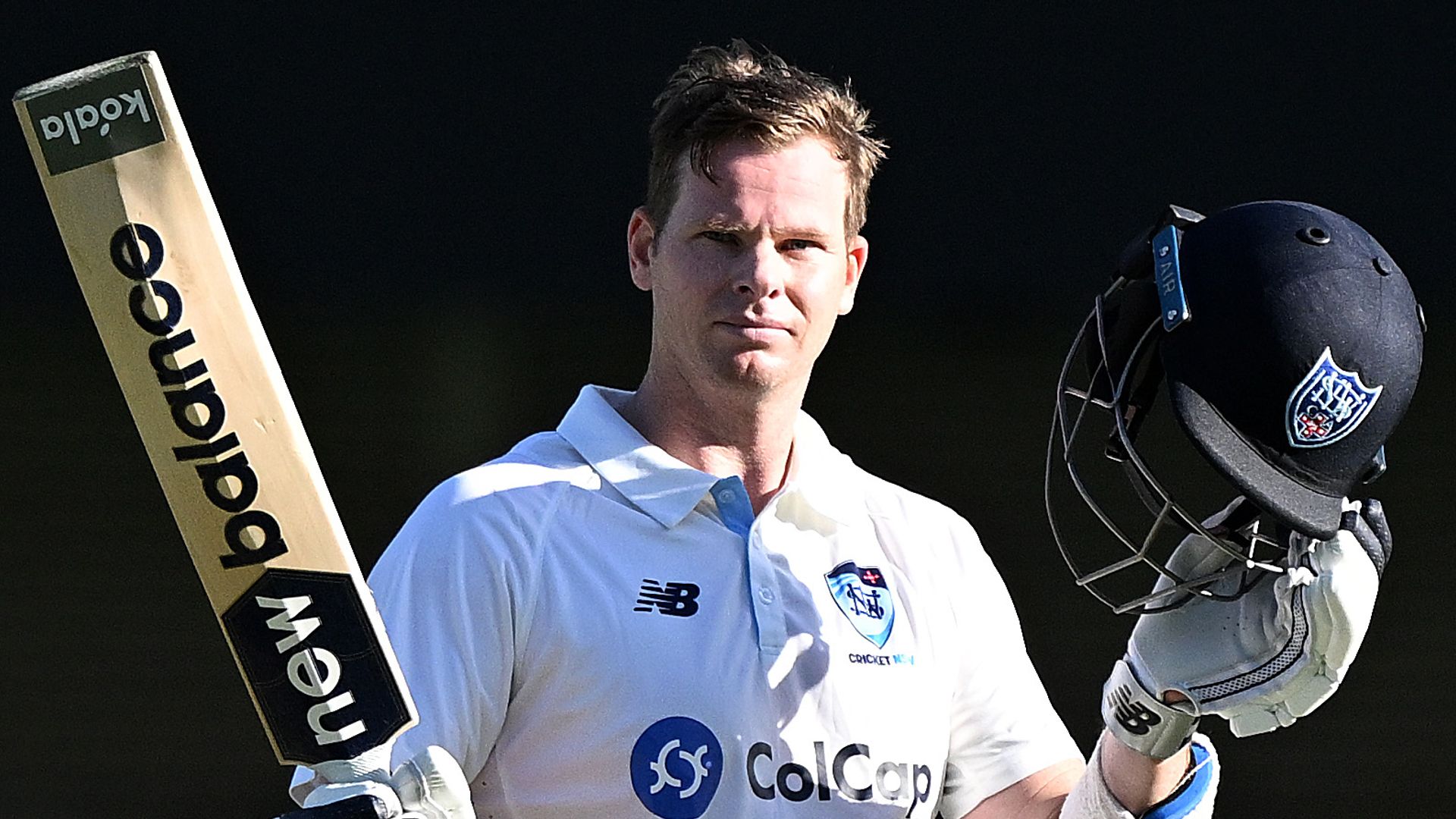Haaland’s Substitution Sparks Outrage Among Fantasy Football Managers, Echoing the Divisive Nature of Modern Sports Decisions and Their Impact on Fans’ Loyalty and Investment in the Game
Erling Haaland’s recent performance, capped by a hat-trick, has ignited a firestorm of debate among Fantasy Football managers after he was substituted by Pep Guardiola. While Haaland himself expressed understanding of the decision, the reaction from the Fantasy Football community reveals a deeper issue regarding the intersection of player management and fan investment in the game.
In the world of Fantasy Football, managers meticulously curate their teams, often investing significant time and emotional energy into their selections. Each goal, assist, and minute played translates into points, making the stakes feel personal. Haaland’s substitution, despite his impressive scoring record, highlights a growing tension between the realities of professional football management and the expectations of fans who engage with the sport through Fantasy leagues.
The decision to substitute a player who is on a hat-trick is not merely a tactical choice; it is a reflection of broader themes in sports management. Guardiola’s approach often prioritizes the long-term health and performance of his players over short-term gains. This philosophy can be polarizing, especially when it clashes with the immediate desires of fans and Fantasy managers who are invested in the outcomes of individual games.
The backlash against Haaland’s substitution underscores a fundamental shift in how fans interact with football. No longer are they just passive spectators; they are active participants in a complex ecosystem that blends traditional fandom with strategic gameplay. This evolution raises questions about the nature of loyalty and investment in sports. When a player’s performance directly impacts a fan’s success in Fantasy leagues, the emotional stakes are heightened.
Furthermore, the incident reflects a larger trend in sports where the decisions made by coaches and managers can have far-reaching implications beyond the pitch. The rise of data analytics in football has transformed how teams approach player performance, often leading to decisions that prioritize statistical outcomes over traditional notions of loyalty and heroism. Fans are left grappling with a reality where their favorite players may be benched or substituted for reasons that feel detached from the emotional narratives that have historically defined sports.
Haaland’s light-hearted acknowledgment of Fantasy managers’ frustrations adds another layer to this discussion. It illustrates the growing awareness among players of their role in the broader narrative of fan engagement. Players like Haaland are increasingly cognizant of the impact their performances have on fans’ experiences, both in stadiums and in the digital realm of Fantasy Football. This awareness can foster a sense of connection between players and fans, but it can also lead to disillusionment when decisions made for tactical reasons clash with fans’ desires for personal success.
The controversy surrounding Haaland’s substitution is emblematic of a larger cultural shift in sports. As Fantasy Football continues to grow in popularity, the relationship between fans and the game is evolving. Fans are no longer just cheering for their teams; they are also rooting for individual players to perform in ways that align with their Fantasy aspirations. This duality can create friction, especially when managerial decisions disrupt the carefully crafted strategies of Fantasy managers.
Moreover, the financial implications of Fantasy Football cannot be overlooked. With millions of players participating globally, the economic impact of Fantasy leagues is substantial. Fans invest not only their time but also their money into these games, purchasing subscriptions, merchandise, and engaging in various forms of betting. When a player’s performance is cut short, it can feel like a betrayal, leading to a sense of loss that transcends the game itself.
As the debate continues, it is essential to consider the broader implications of such managerial decisions. The relationship between players, managers, and fans is becoming increasingly complex, with each group navigating their own interests and expectations. The clash between the tactical decisions made by coaches and the emotional investments of fans is likely to intensify as the popularity of Fantasy Football continues to rise.
In this context, Haaland’s substitution serves as a microcosm of the challenges facing modern football. As the sport evolves, so too must the understanding of what it means to be a fan in an era where data, strategy, and personal investment intersect in unprecedented ways. The ongoing dialogue surrounding these issues will shape the future of football, influencing how players, managers, and fans engage with the game in the years to come.




